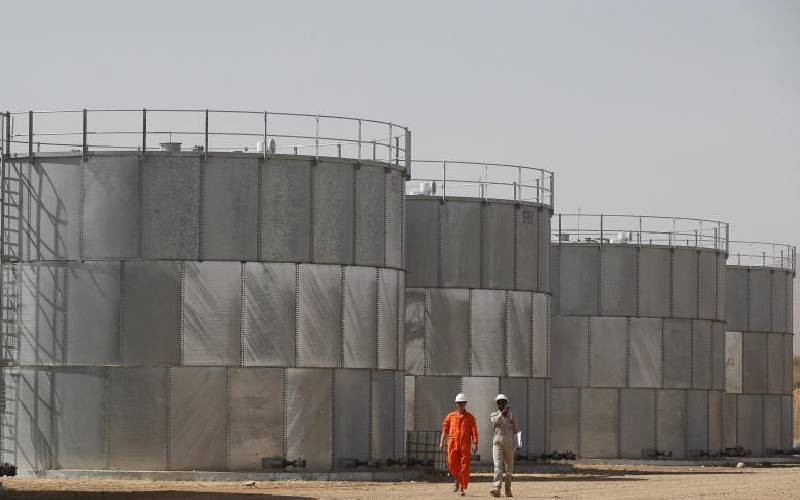×
The Standard e-Paper
Stay Informed, Even Offline

The Sh258 million paid to the Turkana county government was a settlement for accrued levies chargeable under the devolved unit's Finance Act, Tullow Oil Company has said.
In a letter dated July 10, 2024 and seen by The Standard, Tullow said that the sum remitted did not include compensation for compulsory land acquisition, but was meant for rates and taxes.